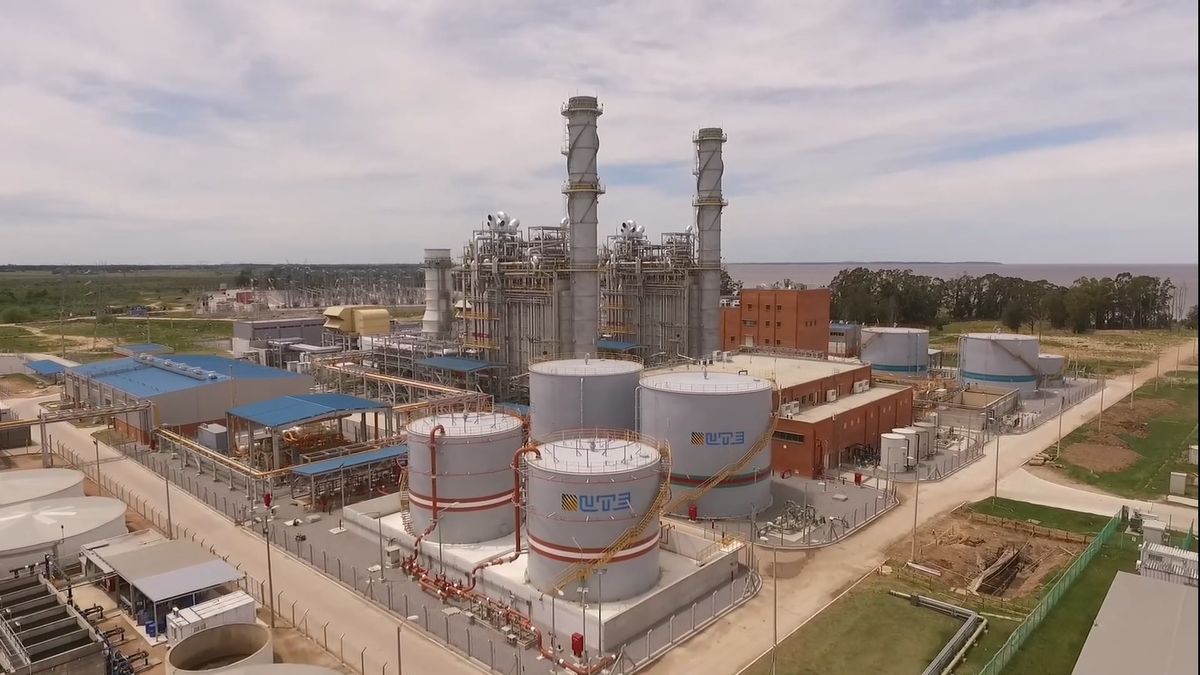The government authorized the state energy company to take a contingent loan that allows it to cover the increase in costs due to the water deficit.
The government authorized the National Administration of Electric Power Plants and Transmissions (UTE) to take a contingent loan for 70 million dollars in the context of extreme drought that affects all Uruguay and to the instability in the electrical system that this generates.
The content you want to access is exclusive to subscribers.
The water deficit has caused the flow rates in the electric dams to drop to unimaginable levels, and for several weeks UTE has been importing energy from Brazil and Argentina to lower the costs of electricity production in thermoelectric plants —the four dams only generated the 15% of electricity since January. In this context, the state company had processed the authorization to contract debt in February, and the Executive Branch finally approved it.


Financial needs are associated with the sourcing costs of demand originated in fuels for thermal generation —which amounted to around 60 million in diesel and fuel oil— and the increase in their prices in the international market, as reported by Latin Press. And these are the arguments indicated by UTE for the credit request: “both the weather situation and the oil price instabilityare the factors that generate uncertainty in the forecast of the flows of funds”, said the company.
The characteristics of indebtedness
The credit line may be used for a period of up to 24 months —until December 31, 2024— and in cases of an increase in the expected costs of supplying demand that exceed the forecasts of the financial program agreed for the year. Likewise, it may be contracted in case of eventual contingent working capital financing needsand to meet the company’s commitments during 2023 and 2024.
Among the conditions imposed by the government for the authorization is the fact that UTE must prioritize raising funds in local currency and at rates compatible with your ability to pay. In addition, the entity must carry out a competitive process and invite several financial institutions.
During February, UTE imported 25% of the energy, with days in which this proportion exceeded half of the country’s electricity demand.
Source: Ambito




